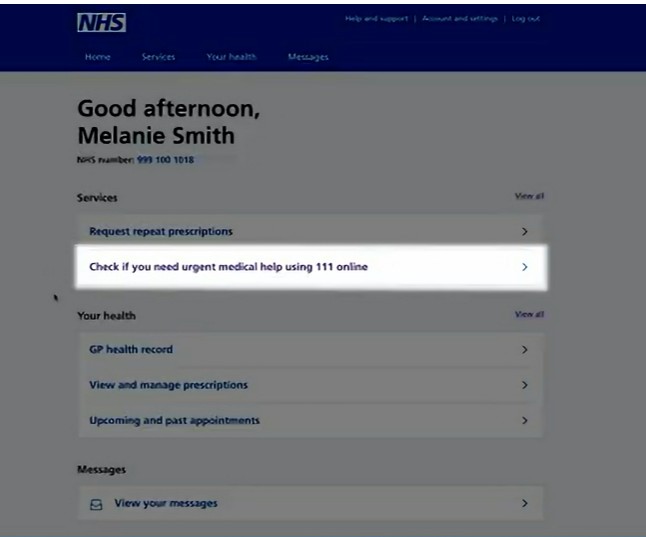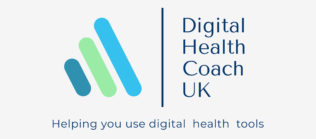
NHS 111 Online can help if you have an urgent medical problem and are unsure what to do.
To get help from NHS 111 Online, you can:
- go to 111 Online at 111.nhs.uk (for people aged 5 and over only),
- use the 111 Online link on the homepage of the NHS App
- When you telephone 111, first, you will speak to a call handler who will ask you the same questions that you will answer in 111 Online.
NHS 111 is available 24 hours a day, 7 days a week.
NHS 111 can book you into different places for NHS urgent care: a Urgent Treatment Centre, your GP, A&E, a local pharmacy, and other services not advertised for walk in appointments.
They can also arrange a call-back from a doctor or Nurse.
NHS 111 can help if you have an urgent medical problem and are unsure what to do.
To get help from NHS 111, you can:
- go to 111 Online at 111.nhs.uk (for people aged 5 and over only),
- use the 111 Online link on the homepage of the NHS App
- When you telephone 111, first, you will speak to a call handler who will ask you the same questions that you will answer in 111 Online.
NHS 111 is available 24 hours a day, 7 days a week.
If you’re Deaf and want to use the phone service, you can use the NHS 111 British Sign Language service available in your country:
- England – NHS 111 (BSL) interpreter service, or call 18001 111 on a textphone.
How NHS 111 works
You answer questions about your symptoms on the website or by speaking to a fully trained adviser on the phone.
You can ask for a translator if you need one.
Depending on the situation, you will:
- find out what local service can help you – this is a key benefit of NHS 111 – many urgent care services are not walk-in, but NHS 111 can refer you
- be connected to, or called back by, a nurse, mental health nurse, pharmacist or GP in the NHS 111 Clinical Assessment Service [CAS]
- be referred onto an emergency dentist service, pharmacist or out-of-hours GP service
- get a face-to-face appointment if you need one
- be given an arrival time if you need to go to A&E – this might mean you spend less time in A&E
- be told how to get any medicine you need
- get self-care advice
- be sent an Ambulance
To help stop over-crowding at A&E, please Think 111 First, and call 111 to get a timed appointment at A&E, or matched to another service that safely meets your needs.
